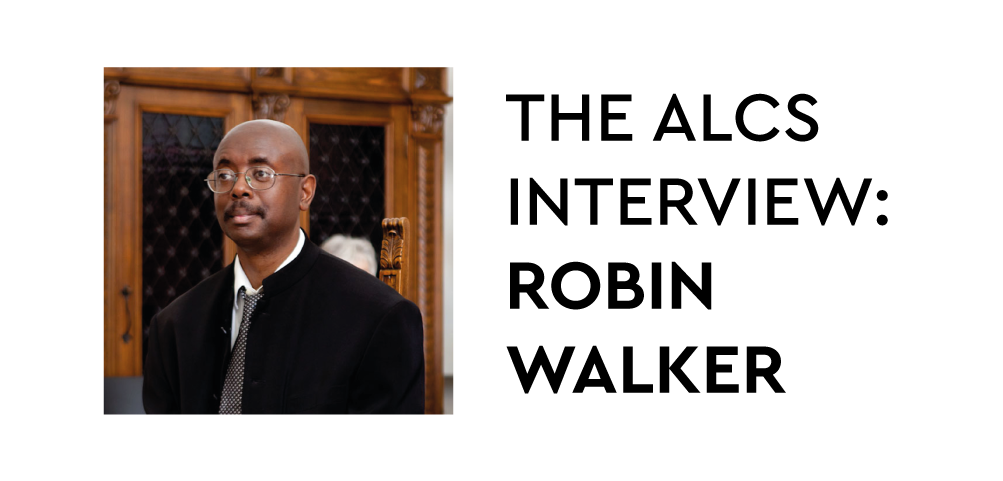The ALCS interview: Robin Walker

Last December, Robin Walker won the 2020 ALCS Educational Writers’ Award (EWA) which highlights creative educational writing for children. We spoke to Robin about his award-winning book Black History Matters as well as his writing background and the importance of community.
What was the commissioning process like for your book Black History Matters?
I received an email out of the blue from Julia Bird at Hachette. The email said she was interested in commissioning a book; she already had a working title which was Black History Matters and if I was interested then we could negotiate something and put the book together. She asked me to send a sample chapter – which ended up being the one on modern Black British history, post 1948 – and a plan for what the rest of the content was going to be. So, I submitted both and presumably the material was liked, so I got the go ahead for the project. In the past I’ve only submitted work to publishers once or twice; one submission was successful but the other was batted back and that’s one of the reasons why, since then, I’ve always taken the self-publishing route.
This isn’t your first publication around Black History – you’re known as ‘The Black History Man’. Tell us a little bit about your previous works and how you built up your reputation.
Back in 1999, I wrote my first book; Roots of Black History. I was very proud of it and it was published by a Black publishing company called Bogle-L’Ouverture Press. In our community they have a certain legendary reputation, having previously published writers like Walter Rodney who is a big scholar. That was something, but a lot of people didn’t take the book very seriously, so I realised I would have to do more and better. My subsequent books were self-published or published by friends. Eventually, I released a book called When We Ruled and that was published by a colleague, Patrick Vernon, and his company Every Generation Media. Then, when the Kindle revolution took place, I joined it and most of my subsequent books were published through Amazon Kindle. They cover different aspects of Black History: science, religion, music, literature, art, mathematics. I suppose it could be because of any one of those books that I got the commission from Hachette!
Given the ALCS EWA is an educational award, what was your own education concerning Black History like at secondary level?
I don’t think the subject existed! Or if it did exist, it bypassed me. My background of history is – well I don’t have a background in history! I am largely self-taught; I studied with some of the greats in Britain and these people were teaching degree-level information in a community style. I was mentored by these people, and a lot of the students that came out of those kinds of programmes – we ended up supporting each other and developing with each other, to the point where we could actually put pen to paper and do our own research. For secondary school, I don’t think there was any content and I don’t think that’s changed either. African American history may be taught in some British schools but outside of that, I don’t think anything’s changed.
How difficult was it to edit your work down to a manageable book for the audience?
That is something I’m quite good at doing – I have a school-teaching background, so I do know how to break complex content down very simply. How to make one point per sentence, how to make sure that what knowledge someone has, or doesn’t have, has been taken into account before putting the paragraph together – those are skills I’ve exercised and developed. So for me, the editing issue was quite simple. The main issue of course is working with another editor and trying to meet their criteria as well, and that’s where difficulties arise. I have very clear ideas of what Black History is but of course, working with other editors, they don’t necessarily see things the way I’m going to see them.
And finally, what does it mean to you to win the ALCS EWA?
I’m very pleased to have won it. I’m glad that people see merit in the work that I do. Hopefully, the exposure that this win gives to the book will encourage more schools, more parents and more institutions to get the book for their children, which will hopefully widen their interest in Black History.
Find out more about the ALCS EWA here.
